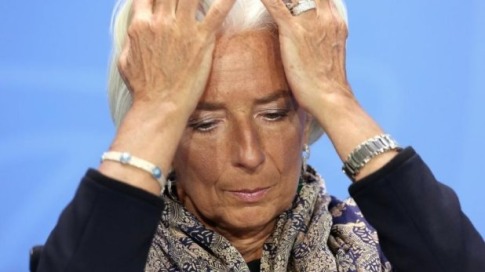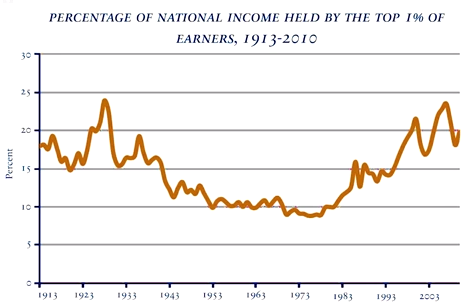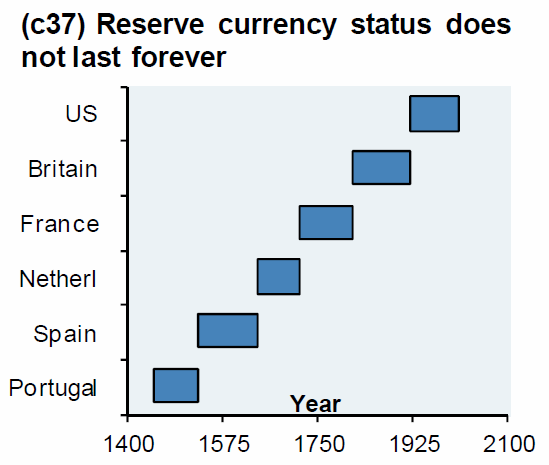
– The IMF And Austrian Theory ( Mises Canada,Oct 17, 2014):
Back in the early 1960s, financial journalist Henry Hazlitt warned against efforts to create an international system to help facilitate the smooth transfer of currencies. Representatives from the world’s leading governments were attempting to increase liquidity in global markets. They wanted to make sure the banking system and sovereign governments would never had a lack of funds. Hazlitt was not fooled. “In plain English” he wrote, “they are pushing for more world inflation.” His words, though accurate, went unheeded. The International Monetary Fund, which was established decades earlier, was to play a role in facilitating endless inflation.
Half a century later, the IMF has overseen a tumultuous business cycle that came to a screeching halt in 2008. Big, overleveraged banks were on the verge of collapsing; millions of people lost their jobs and their homes; governments spent billions of dollars to maintain their welfare safety nets. The end result, which is still ongoing, is stagnant economic growth with dim prospects for recovery.





